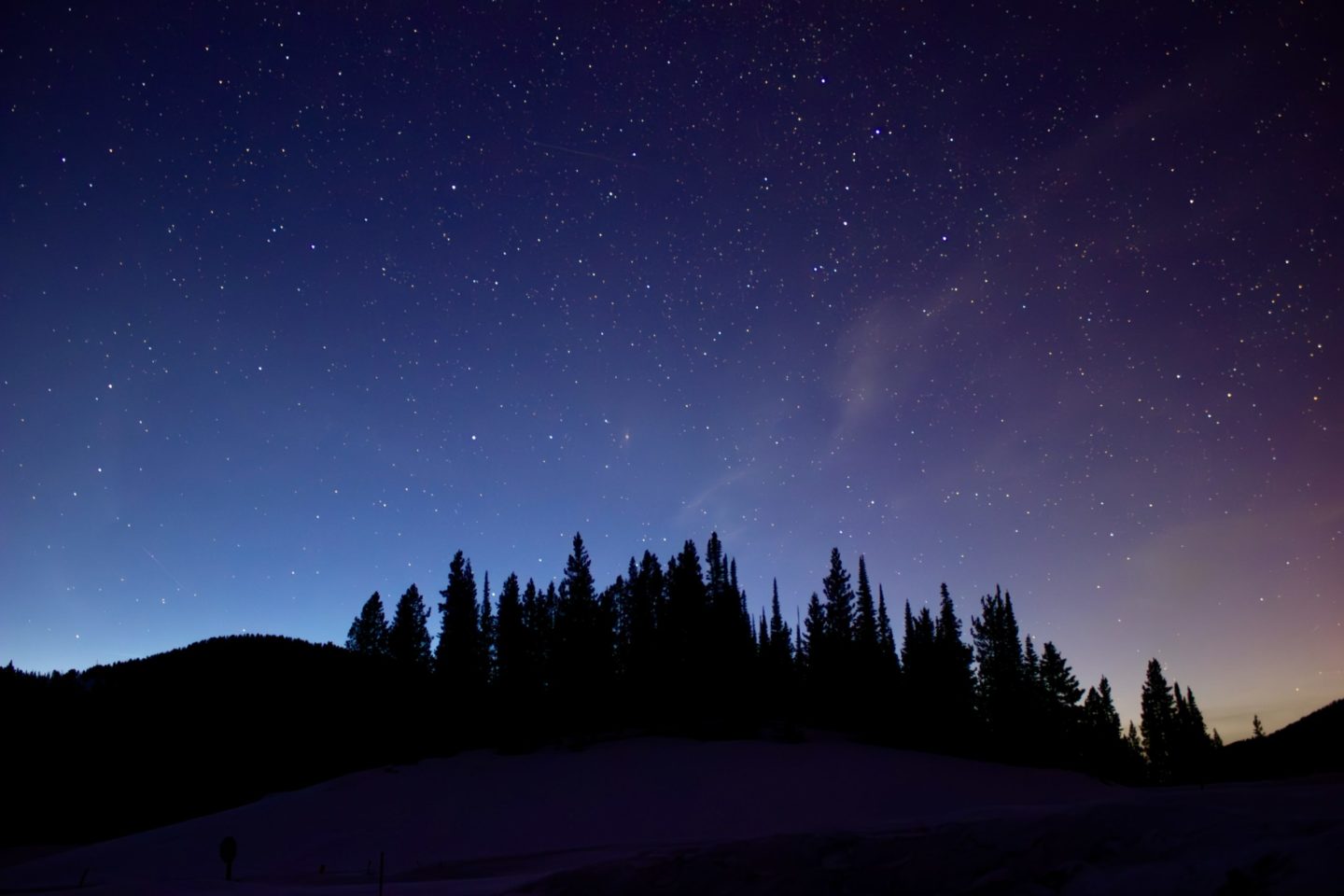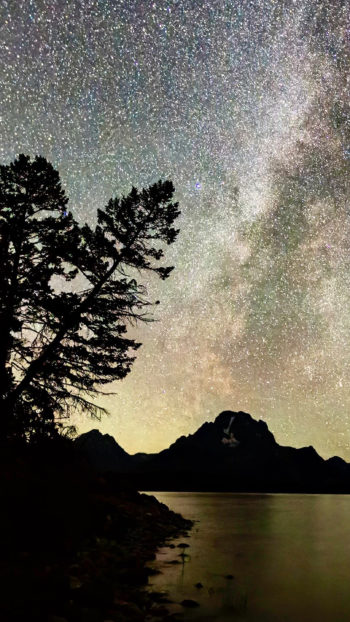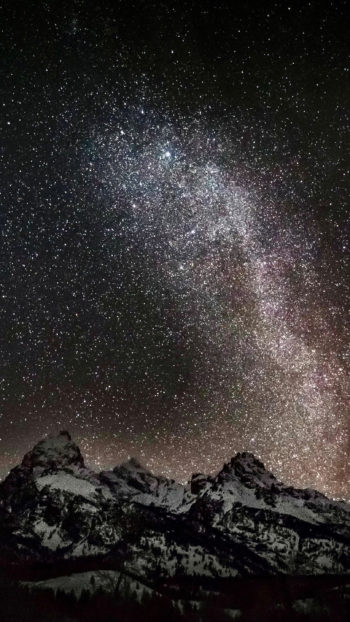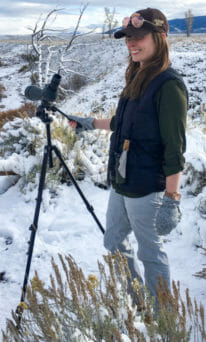Jackson Hole is home to some of the darkest skies in the country, offering unparalleled views of the cosmos. But as development increases, so does the threat of light pollution. Preserving these pristine night skies is essential for wildlife, human health, and future generations of stargazers. In this guide, we’ll explore why dark sky conservation matters, what efforts are being made, and how you can help protect Jackson Hole’s celestial wonders.
The Importance of Dark Sky Preservation
Dark sky preservation is incredibly important in Jackson Hole, Wyoming, for a variety of environmental, cultural, and scientific reasons. This region, known for its stunning landscapes, including Grand Teton and Yellowstone National Parks, draws tourists from all over the world to experience its natural beauty. Protecting the night sky is essential for maintaining this unique and pristine environment.
How Light Pollution Affects Wildlife and Ecosystems
Many species in Jackson Hole, particularly nocturnal animals like bats, moths, and other wildlife, rely on natural light patterns to navigate, hunt, and reproduce. Excessive artificial light can disrupt these behaviors leading to negative impacts on their populations. Light pollution can also disrupt plant pollination and the food chain, particularly for species that depend on nocturnal activities. This could have long-term effects on the broader ecosystem.
The Impact on Stargazing and Astronomy Research
Jackson Hole’s remote location and minimal light pollution make it an ideal place for astronomical research. Preserving dark skies is crucial for the continued success of scientific projects that rely on clear, unobstructed views of the night sky. Light pollution can hinder the ability of astronomers to study celestial bodies, as bright lights on Earth drown out the faint light from distant stars and galaxies. Dark sky preservation also helps foster interest in science and astronomy, especially for educational programs and stargazing events. Because of its especially dark night sky, Jackson Hole serves as a natural classroom for people to learn about the universe.
Why Jackson Hole is a Leader in Dark Sky Conservation
Jackson Hole is home to Grand Teton National Park, which is on track to becoming designated as an International Dark Sky Park by the International Dark-Sky Association (IDA) in 2025. This prestigious designation recognizes areas that have taken significant steps to reduce light pollution and protect the natural night sky. The park’s designation is a testament to the region’s commitment to maintaining dark skies and making environmental protection a priority.
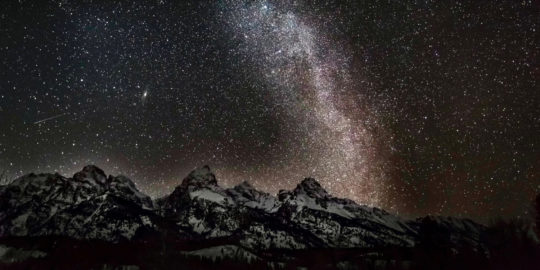
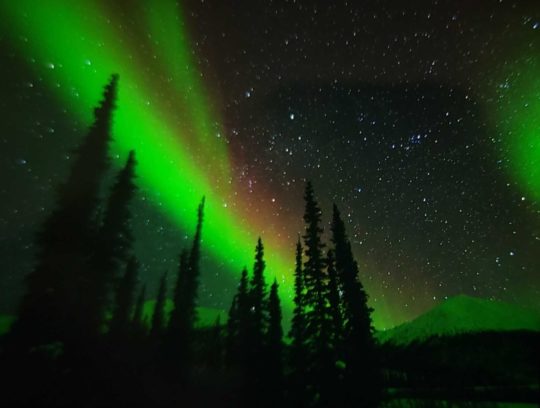
What is Being Done to Protect Jackson Hole’s Night Skies?
Jackson Hole, Wyoming, is rooted in its strong environmental ethics, community engagement, and commitment to preserving its natural beauty. The area’s unique geographical features, alongside its efforts to protect the night sky, make it a model for other regions working to combat light pollution.
Local Dark Sky Initiatives and Policies
The town of Jackson, along with Teton County, has implemented comprehensive lighting regulations. These ordinances are designed to ensure that outdoor lighting is properly shielded, directed downward, and uses energy-efficient technologies. This reduces glare, preserves the quality of the night sky, and ensures that artificial light doesn’t spill into the natural environment.
How National Parks Are Preserving the Dark Sky Experience
National Parks play a crucial role in preserving the dark sky experience through initiatives like becoming Dark Sky Parks and Reserves, implementing strict lighting regulations, and offering educational programs and stargazing events. These parks reduce light pollution by using energy-efficient, shielded lighting and protecting natural nighttime environments for wildlife. They also support astronomical research and eco-tourism, drawing visitors seeking pristine night skies. By collaborating with local communities and advocating for broader light pollution reduction, national parks help safeguard the cultural, ecological, and scientific value of the night sky for future generations.
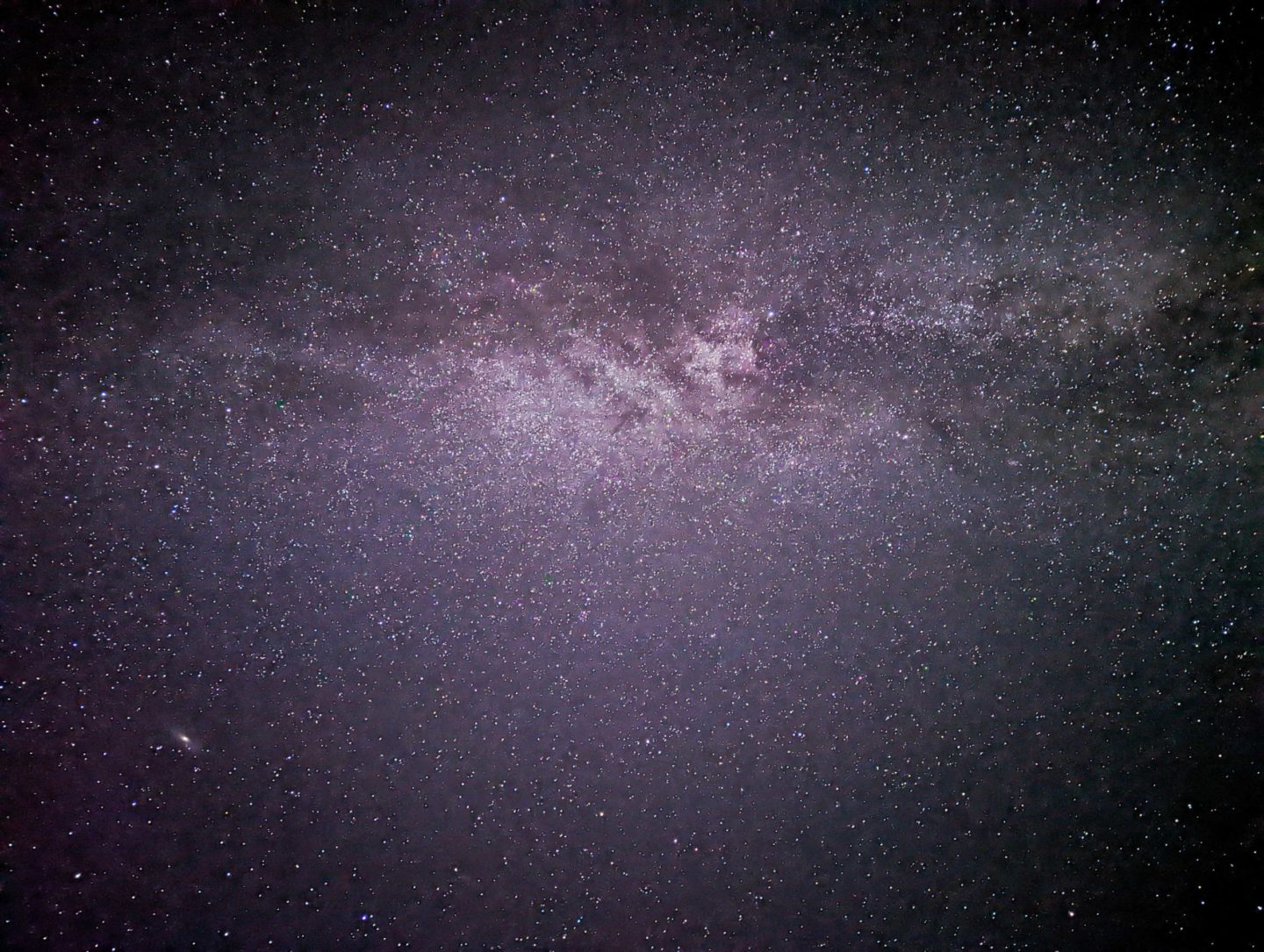
How You Can Contribute to Dark Sky Conservation
You can contribute to dark sky conservation in several meaningful ways, helping to preserve the beauty of the night sky and protect the environment. Here are some actions you can take:
Simple Steps to Reduce Light Pollution at Home
Use outdoor lighting only when necessary, and ensure it is shielded to prevent light from spilling upward or outward. Install motion sensors or timers to minimize unnecessary illumination. Opt for LED or low-wattage bulbs for outdoor lighting to reduce energy consumption and light pollution. These bulbs are more efficient and produce less light that interferes with the night sky. When possible, use red lighting as opposed to typical white lights; red wavelengths of light scatter less in the atmosphere, reducing the effects of light pollution. Scientific studies, including some conducted in Grand Teton National Park, show that red lights also have less of an impact on the natural rhythms of wildlife.
Supporting Dark Sky-Friendly Businesses and Parks
A great way to support dark sky parks and reserves is to visit them! These locations are dedicated to preserving the natural night sky, and your visits can help promote awareness and eco-tourism. Additionally, you can patronize dark sky friendly businesses and make donations or volunteer with organizations focused on dark sky conservation.
Advocating for Light Pollution Awareness in Your Community
To help with dark sky conservation, you can spread awareness about the importance of reducing light pollution. Share information with friends, family, and neighbors about how light pollution affects wildlife, human health, and the environment. Advocate for dark sky protections in your community by supporting local dark sky organizations, such as DarkSky International, and participating in their campaigns. You can also encourage your local government to implement lighting regulations that protect the night sky.
Dark sky preservation in Jackson Hole is essential for maintaining the area’s natural beauty, supporting local wildlife, and protecting human health. It is the ideal spot to marvel in the depth of the night sky surrounded by unparalleled natural beauty. Make sure your visit to Jackson Hole includes a phenomenal stargazing tour with our fascinating and inspiring guides!
FAQs
What is dark sky conservation, and why is it important?
Dark sky conservation focuses on reducing light pollution to preserve natural nightscapes. Protecting dark skies benefits wildlife, human health, and scientific research while maintaining the beauty of our night skies for future generations.
How does light pollution affect stargazing in Jackson Hole?
Light pollution diminishes the visibility of stars and celestial objects, making it harder to experience the full beauty of the night sky. Jackson Hole has some of the darkest skies in the U.S., and conservation efforts help maintain this pristine stargazing environment.
What is Jackson Hole doing to protect its dark skies?
Local initiatives include implementing responsible outdoor lighting policies, educating the public about light pollution, and working with local organizations to promote dark sky preservation.
How can visitors help protect Jackson Hole’s dark skies?
Visitors can minimize light pollution by using red flashlights, keeping outdoor lights dim, and choosing accommodations that follow dark-sky-friendly lighting practices. Supporting dark sky tourism also helps fund conservation efforts.
Are there designated dark sky parks near Jackson Hole?
Soon! Grand Teton National and Yellowstone National Parks offer some of the best dark-sky environments in the region and are working towards becoming a designated dark sky park in 2025. These areas provide exceptional opportunities for stargazing and astrophotography.
How can I get involved in dark sky conservation efforts?
You can support dark sky conservation by advocating for responsible lighting policies spreading awareness about the importance of reducing light pollution.

